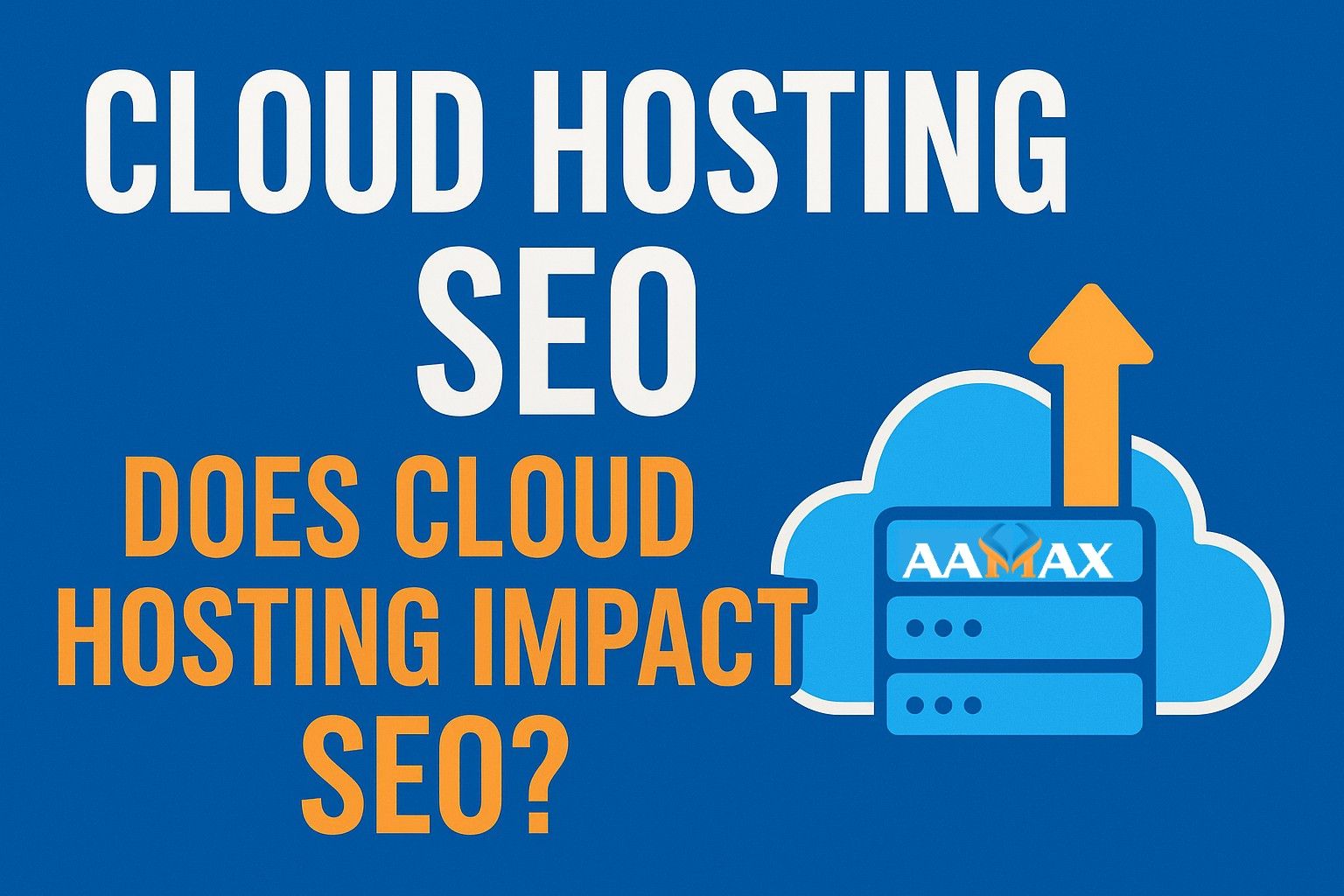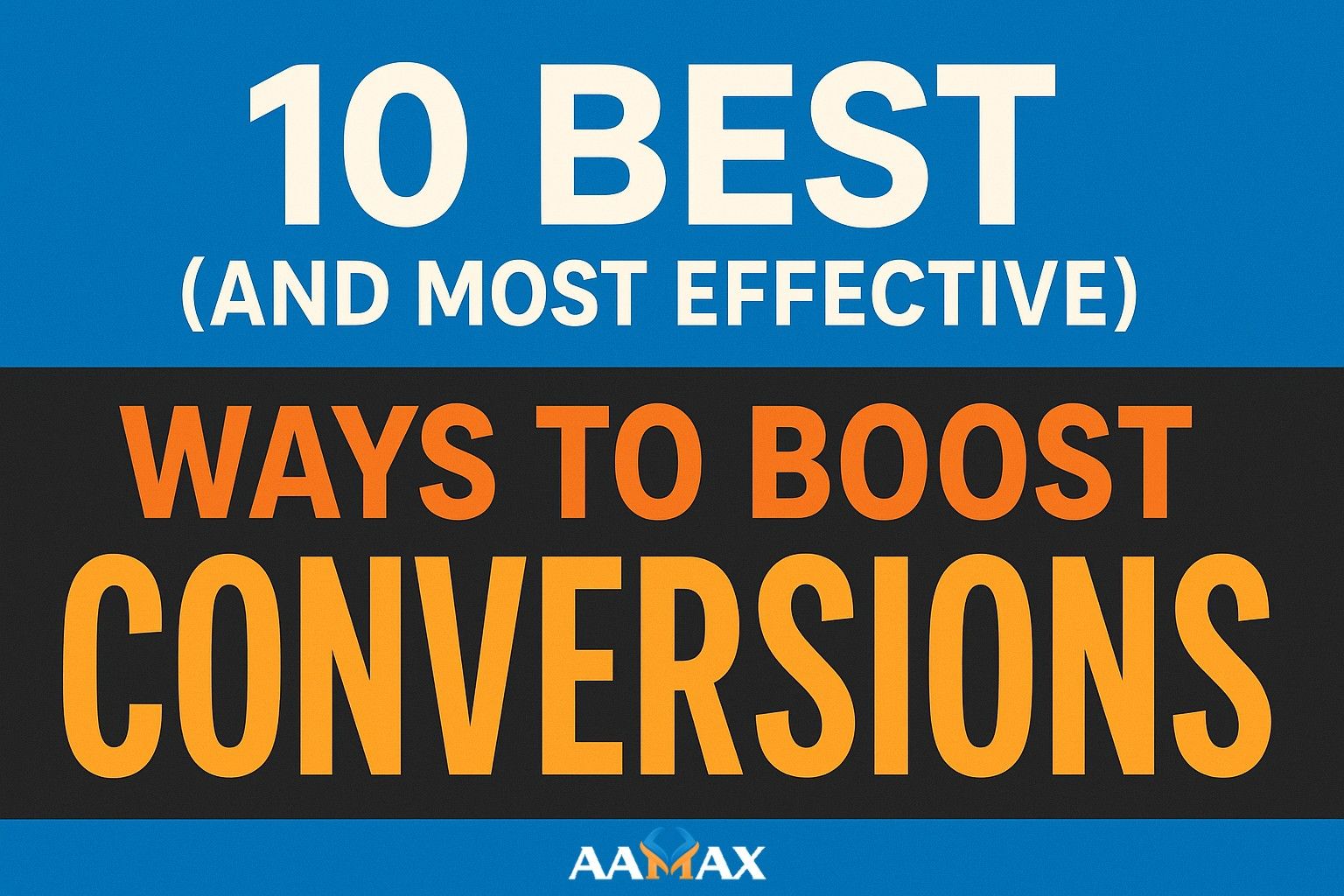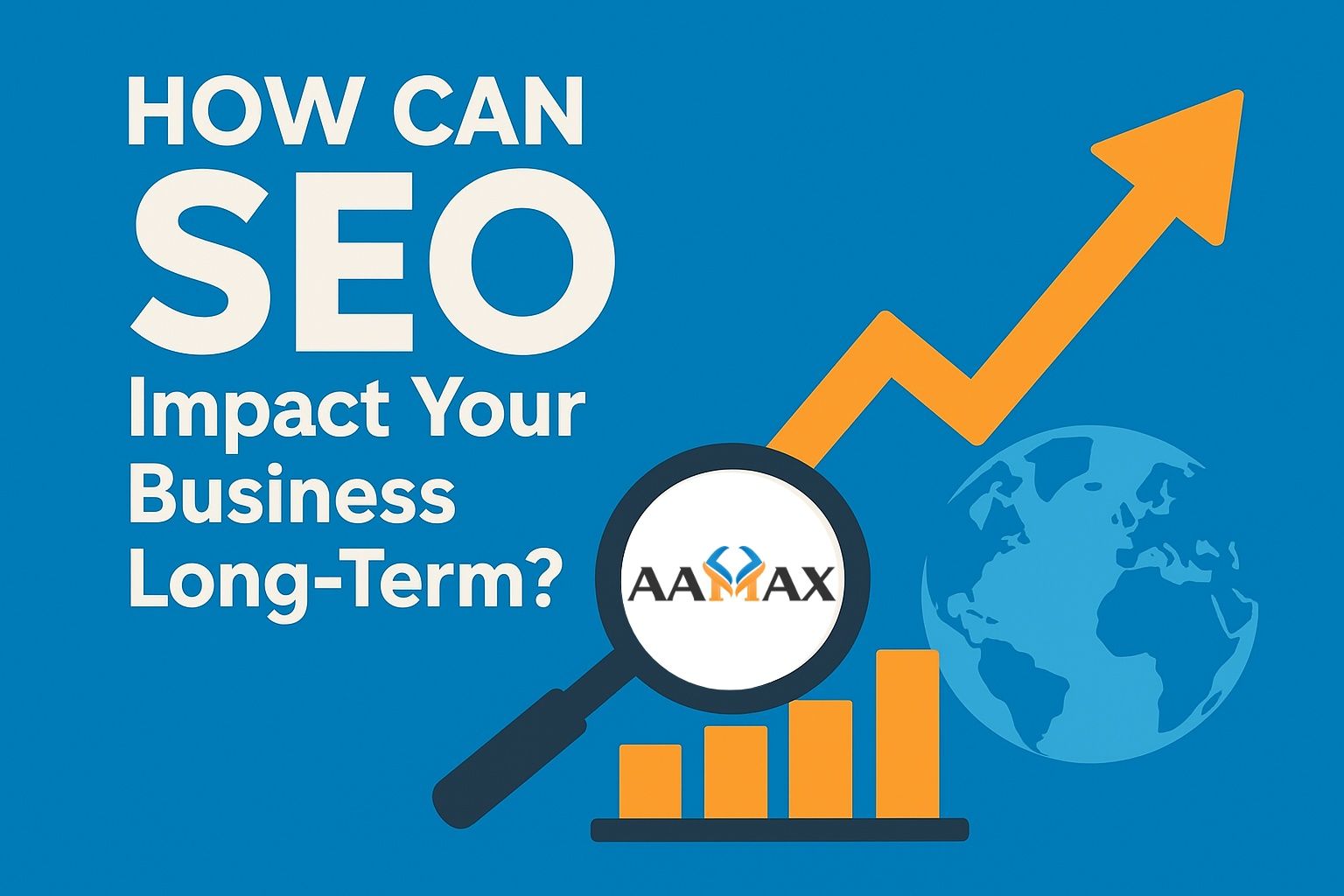
Industrial SEO Learn the Basics, Strategies, & More
Search engine optimization (SEO) isn’t just for e-commerce stores or tech startups. Manufacturers, suppliers, and B2B companies in the industrial sector depend heavily on organic visibility to capture qualified leads and win new business. Industrial SEO focuses on improving search rankings for companies that sell complex products or services to other businesses, often with long sales cycles and niche audiences.
This in-depth guide covers the essentials of industrial SEO—from the basics and unique challenges to proven strategies and advanced tips—so your manufacturing or B2B industrial company can dominate the search results.
Why Industrial SEO Matters
Industrial buyers increasingly use Google and other search engines to research solutions before contacting a sales team. According to industry studies:
- 70% of B2B buyers begin their purchasing journey online.
- Many buyers review multiple vendors before reaching out.
- Complex industrial products require extensive research and comparison.
Without strong SEO, your business risks missing out on high-value leads and long-term contracts.
Key Differences Between Industrial SEO and Other SEO
While the fundamentals of SEO services apply across industries, industrial SEO has unique challenges:
-
Niche Keywords
Search volumes for industrial terms are typically lower, but intent is higher. Ranking for “custom stainless steel fabrication” may bring fewer visitors than “kitchen appliances,” but the leads are more qualified. -
Technical Product Information
Industrial websites often contain detailed specs, data sheets, and technical documents that must be search-friendly. -
Longer Sales Cycles
B2B buyers take weeks or months to make decisions. SEO content must educate and nurture leads at every stage. -
Multiple Decision Makers
Engineers, procurement officers, and executives all have different questions and search behaviors.
Core Components of an Industrial SEO Strategy
1. Comprehensive Keyword Research
Identify keywords that reflect how engineers, procurement professionals, and decision makers search for your products.
- Industry-Specific Phrases: e.g., “CNC machining for aerospace components.”
- Long-Tail Keywords: Lower volume but higher intent, like “ISO-certified precision metal stamping.”
- Regional Keywords: If you serve specific regions, target “[service] in [city/region].”
Use tools like Google Keyword Planner, Ahrefs, or SEMrush to uncover relevant queries.
2. On-Page Optimization
On-Page Seo ensure each page is structured to signal relevance:
- Descriptive title tags and meta descriptions.
- Clear headings (H1, H2, H3) with keywords.
- Optimized images with alt text for product photos and diagrams.
- Internal links between related service and product pages.
3. Technical SEO
Industrial websites often have hundreds of product pages and PDFs. Focus on:
- Fast site speed for heavy images and spec sheets.
- Mobile-friendly design.
- Logical site architecture so crawlers can find deep product pages.
- Structured data (schema) to enhance rich results.
4. High-Quality Content
Create resources that match every stage of the buyer’s journey:
- Educational Blog Posts: “How to Choose the Right Conveyor System.”
- Case Studies: Highlight successful client projects.
- White Papers & Guides: Offer downloadable content for email leads.
- Video Demonstrations: Show complex machinery in action.
5. Link Building
Industrial companies often overlook backlinks. Earn them by:
- Publishing data-driven studies or industry insights.
- Getting featured in trade publications.
- Partnering with suppliers or distributors for cross-links.
Local SEO for Industrial Businesses
Even if your market is national or global, local SEO is essential for attracting regional buyers and partners.
- Claim and optimize your Google Business Profile.
- Ensure consistent NAP (Name, Address, Phone) across directories.
- Encourage satisfied clients to leave reviews.
- Create localized landing pages if you serve multiple regions.
Measuring Industrial SEO Success
Track metrics that reflect real business outcomes, not just traffic:
- Qualified Leads and Conversions: Form fills, RFQ (request for quote) submissions.
- Keyword Rankings: For target industrial phrases.
- Organic Traffic Growth: Segment by service/product page.
- Engagement Metrics: Time on site, pages per session.
Use analytics platforms like Google Analytics 4, Search Console, and CRM integrations.
Advanced Strategies for Industrial SEO
Optimize for Voice and AI Search
Engineers might use voice queries like “industrial pump supplier near me.” Create conversational content and FAQ pages to capture these searches.
Leverage Video SEO
Host product demonstrations on YouTube with optimized titles and descriptions. Embed videos on key product pages to improve engagement.
International SEO
If you serve global markets, implement hreflang tags and create multilingual pages to target different regions.
Marketing Automation Integration
Combine SEO with email marketing and CRM tools to nurture leads after they discover your content.
Common Mistakes to Avoid
- Neglecting Mobile Users: Many decision makers browse on tablets or phones during site visits.
- Thin Product Pages: Pages with only a product name and photo won’t rank.
- Ignoring Analytics: Without data, you can’t improve.
- One-Time Efforts: SEO requires ongoing optimization.
Budgeting for Industrial SEO
Costs vary depending on website size, competition, and goals. Typical monthly investments include:
- Small manufacturers: $1,500–$3,000 for ongoing SEO.
- Mid-sized companies: $3,000–$7,000.
- Large enterprises: $7,000+ for comprehensive campaigns.
The long sales cycles and high-value contracts mean ROI can be substantial even with significant investment.
Partnering with the Right SEO and Web Development Team
Industrial SEO is complex. A specialized agency can handle everything from keyword research to technical audits and content strategy. For a website that’s built to perform and integrates seamlessly with your marketing efforts, you can AAMAX—a full-service digital marketing company offering professional Web Development, Digital Marketing, and SEO services.
Final Thoughts
Industrial SEO is not a quick win, but it’s one of the most powerful long-term growth strategies for manufacturers and B2B companies. By focusing on technical optimization, niche keyword targeting, and high-quality content tailored to decision makers, your business can capture more qualified leads and secure larger contracts.
Start with strong keyword research, create a content-rich website, and maintain a consistent optimization plan. With the right strategy—and possibly the right partner—you can ensure your industrial company stays ahead of competitors and continues to generate valuable organic traffic year after year.




![How Does PPC Work on Google? [+5 Ways to Rank Better]](https://res.cloudinary.com/dmkou0hmb/image/upload/v1760349679/How_Does_PPC_Work_on_Google_5_Ways_to_Rank_Better_ad0a3016d6.jpg)


